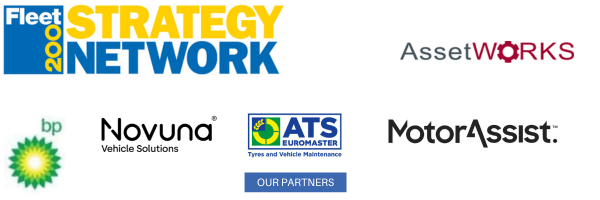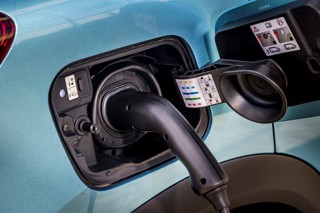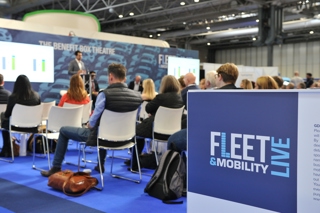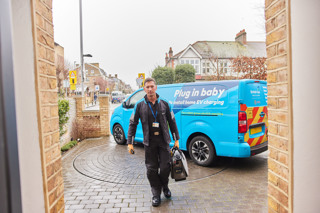Many organisations could switch to using salary sacrifice to fund their car fleets instead of traditional funding methods if the current salary sacrifice rules stay in place.
Harvey Perkins (pictured), co-founder of HRUX, told a recent Fleet 200 Executive Club meeting that organisations are increasingly looking to use the funding method beyond being the staff benefit it has historically been.
“Increasingly, we’re seeing businesses say they will put all company car drivers in cash allowances, and then allow them back into the car scheme, but only through the salary sacrifice route,” he said.
“The big advantage of that is that the amount of the salary sacrificed is genuinely what you think that car is going to cost you for the mileage and term that the employee wants to do, whereas with a company car on a contract hire basis, there's always a degree of blank cheque.”
Perkins gave the example of two employees, one who lives around the corner from their workplace, the other who is 200 miles away.
“An employer gives them the same entitlement, and then just pays for it,” he said. “Well, the one who lives 200 miles away is costing them twice as much as the one that lives around the corner.
“On the salary sacrifice, the employee pays the full cost of the vehicle by way of the sacrifice.
Many organisations could switch to using salary sacrifice to fund their car fleets instead of traditional funding methods if the current salary sacrifice rules stay in place.
Harvey Perkins (pictured), co-founder of HRUX, told a recent Fleet 200 Executive Club meeting that organisations are increasingly looking to use the funding method beyond being the staff benefit it has historically been.
“Increasingly, we’re seeing businesses say they will put all company car drivers in cash allowances, and then allow them back into the car scheme, but only through the salary sacrifice route,” he said.
“The big advantage of that is that the amount of the salary sacrificed is genuinely what you think that car is going to cost you for the mileage and term that the employee wants to do, whereas with a company car on a contract hire basis, there's always a degree of blank cheque.”
Perkins gave the example of two employees, one who lives around the corner from their workplace, the other who is 200 miles away.
“An employer gives them the same entitlement, and then just pays for it,” he said. “Well, the one who lives 200 miles away is costing them twice as much as the one that lives around the corner.
“On the salary sacrifice, the employee pays the full cost of the vehicle by way of the sacrifice.
“If these rules stay with us for more than a couple of years, I think you'll see a lot of big fleets will become salary sacrifice only just so that the employee is picking up the true commercial cost of the car that they're going into.”
Under salary sacrifice, an employee sacrifices a proportion of their salary before tax and national insurance is applied in return for a fully-funded car, with maintenance and insurance also included.
This has the potential to save drivers thousands of pounds a year compared to funding their own vehicles through a personal lease, while employers can also make national insurance savings.
The funding method had been declining in popularity since 2017 when the Government introduced the optional renumeration arrangements (OpRA) legislation, which effectively removed its tax and NI efficiency as it meant an employee would be taxed on the greater of the value of the benefit or the salary they gave up.
However, an exemption for vehicles with 75g/km of CO2 or less – and the increasing numbers of battery electric vehicles and plug-in hybrid vehicles which fit into this category – has made salary sacrifice an attractive proposition again.
Login to continue reading.
This article is premium content. To view, please register for free or sign in to read it.






















Login to comment
Comments
No comments have been made yet.